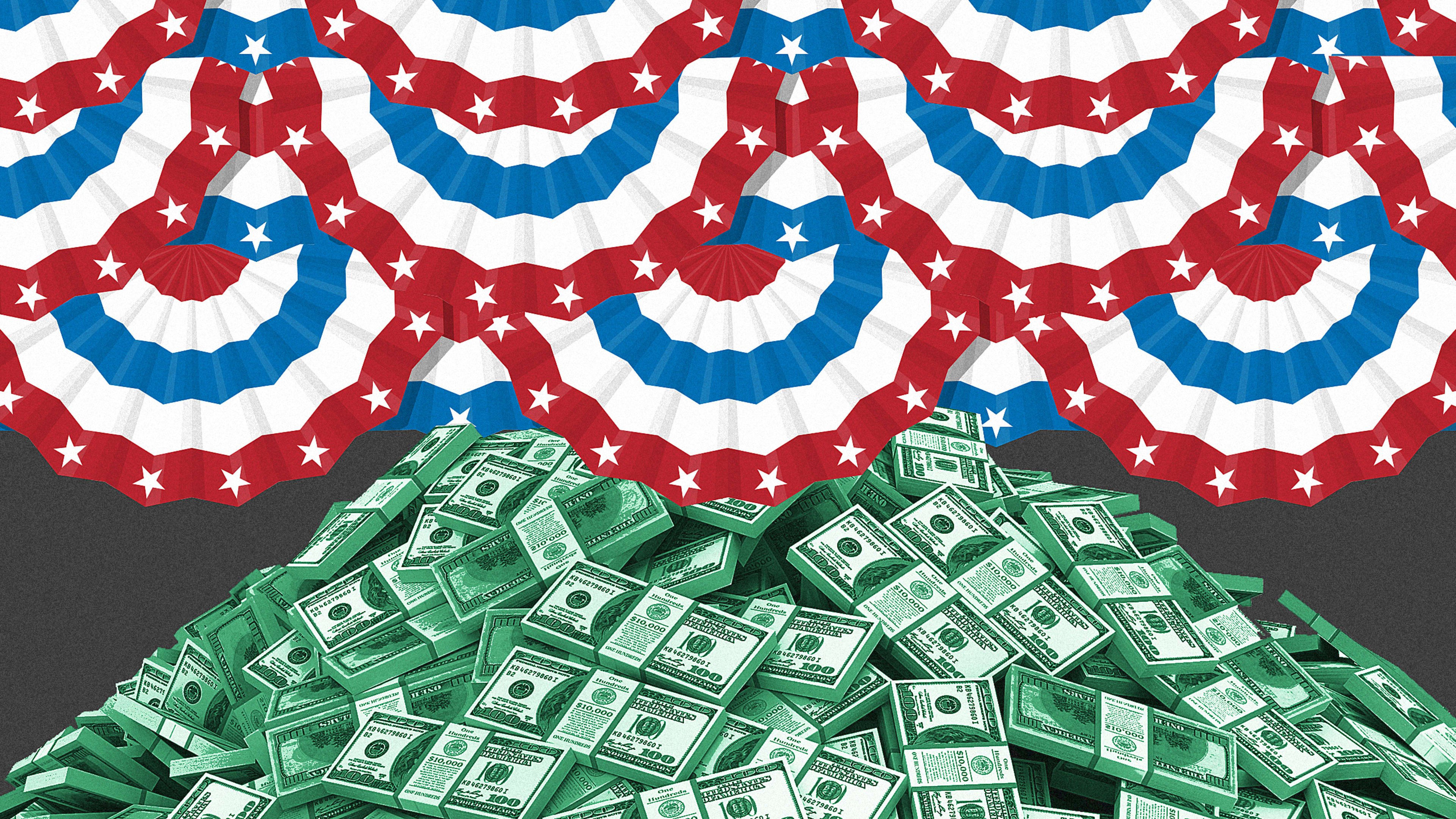The number of billionaires in the world—2,825 individuals, with a combined wealth of $9.4 trillion in 2019—is at a record high, and more live in the U.S. than any other country. And, despite the economic fallout of COVID-19, the number of billionaires in certain business sectors continues to grow.
A new “billionaire census” from the research company Wealth-X reports that the U.S. is now home to 788 billionaires who together have a combined net worth of $3.4 trillion, more than the GDP of most countries. That’s 12% more billionaires than the previous year. China, where the number of billionaires grew fastest in 2019, has 342 billionaires.
The coronavirus crisis, unsurprisingly, is impacting the portfolios of the top tier of the ultra-wealthy, the report notes, particularly in industries such as aviation and apparel. But many are making even more money. The report estimates that in the first five months of 2020, as COVID-19 cases grew throughout the world, the number of billionaires in the technology, insurance, healthcare, and business services industries increased between 6% and 9%. The total wealth of tech billionaires grew by 18% over the same time period. A previous report found that U.S. billionaires alone have seen their collective wealth increase more than half a trillion dollars since the start of the pandemic.
An Oxfam report released earlier this year, using previous data about a smaller group of 2,153 global billionaires, puts the statistics about wealth in perspective: That short list of people controls more money than 4.6 billion other people on the planet. The 22 richest men on that list have a greater net worth than the entire female population of Africa. The net worth of the world’s top 1% is so vast that a small increase in taxes—on an additional 0.5% of their wealth over the next 10 years—would be enough to create 117 million new jobs in healthcare, education, and elderly care. Elizabeth Warren has proposed similar taxes to fund programs to lift others out of poverty, inciting backlash from many billionaires.
Some billionaires agree that the tax system needs to change, though. In January, Bill Gates wrote a blog post arguing that the richest in society should pay more. “A few people end up with a great deal—I’ve been disproportionately rewarded for the work I’ve done—while many others who work just as hard struggle to get by,” he wrote. “That’s why I’m for a tax system in which, if you have more money, you pay a higher percentage in taxes.”
Recognize your brand’s excellence by applying to this year’s Brands That Matter Awards before the early-rate deadline, May 3.
